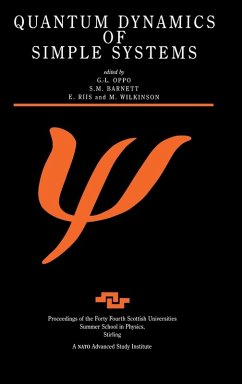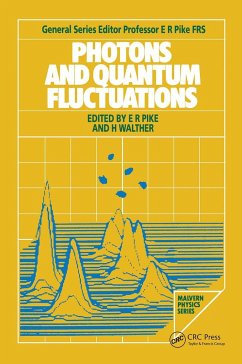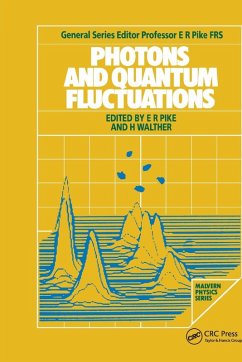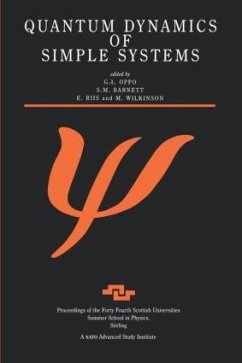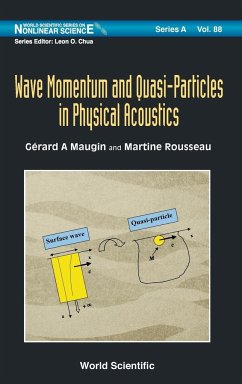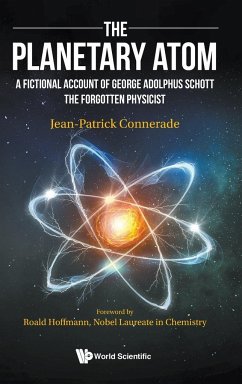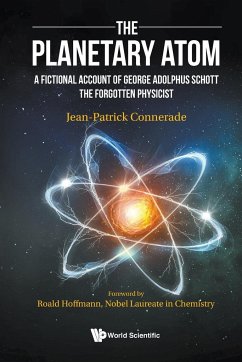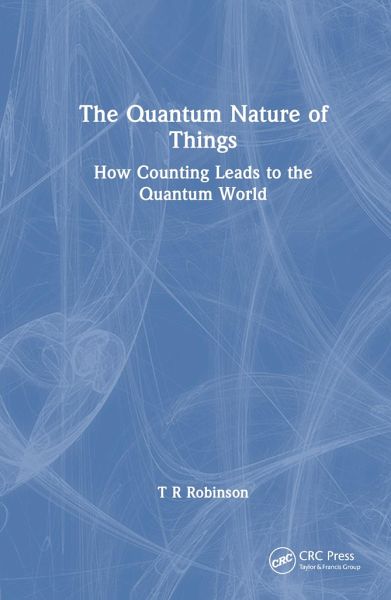
The Quantum Nature of Things
How Counting Leads to the Quantum World
Versandkostenfrei!
Versandfertig in 1-2 Wochen
153,99 €
inkl. MwSt.
Weitere Ausgaben:

PAYBACK Punkte
77 °P sammeln!
This book offers readers an entirely original and unconventional view of quantum mechanics. It is a view that accepts quantum mechanics as the natural way to think about the way nature works, rather than the view commonly expressed, especially in books on quantum physics, that quantum theory is weird and counterintuitive.






